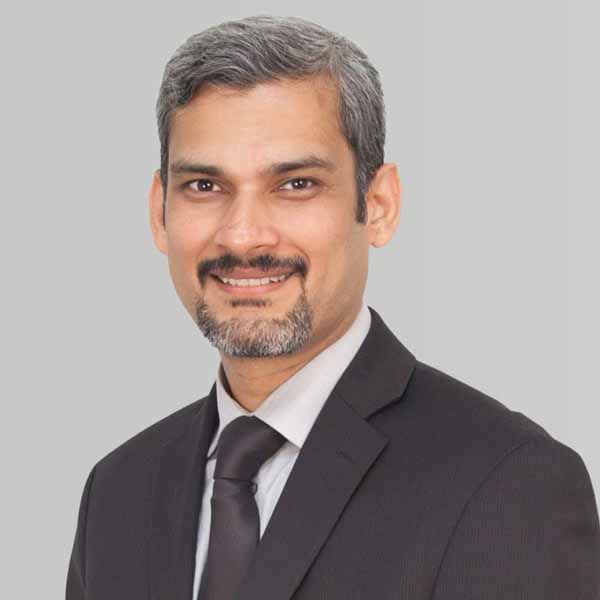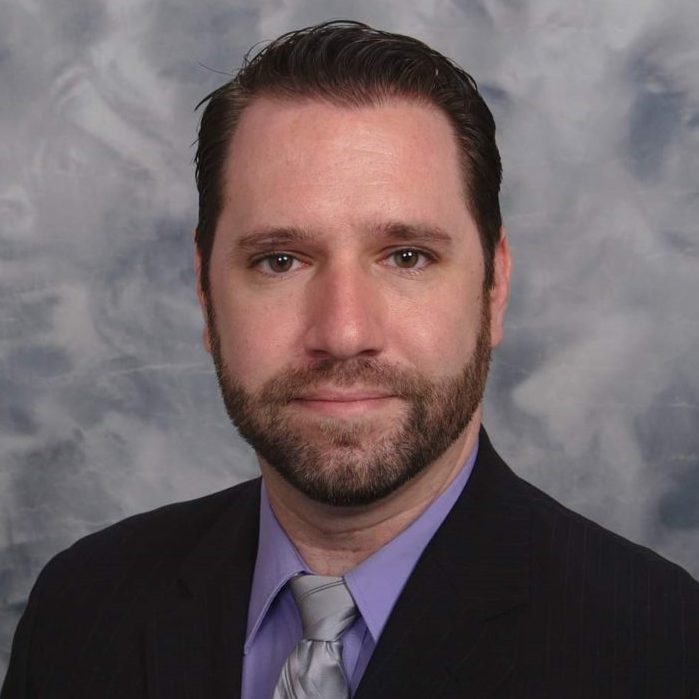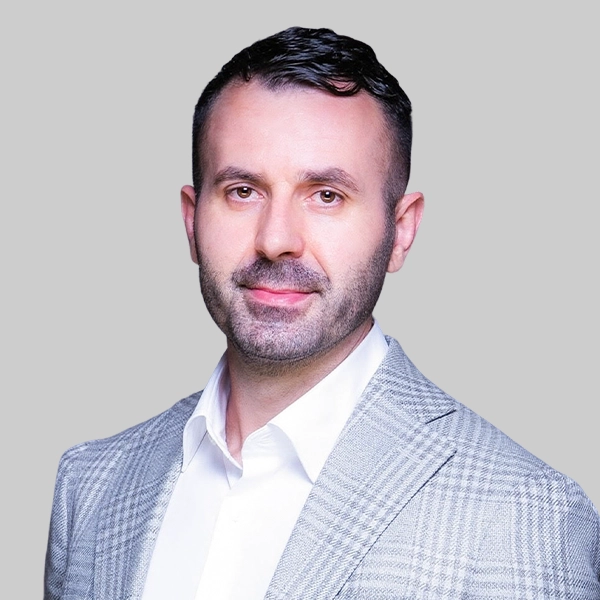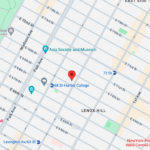WHAT IS A SLAP TEAR (SHOULDER LABRUM TEAR)?
A SLAP tear is an injury to the labrum — a soft rim of cartilage lining the shoulder socket. SLAP tears usually consist of a shoulder lesion or shoulder labrum tear. The term itself is an acronym of “Superior Labral tear from Anterior to Posterior,” in reference to the most commonly affected area.
Caused by a tear or lesion in the top of the cartilage surrounding the shoulder joint, a SLAP tear is generally accompanied by a consistent set of symptoms, though their severity can vary. Regardless of the specific cause, this injury can significantly weaken athletic performance and even limit your ability to complete everyday tasks.
LABRUM TEAR SYMPTOMS
What Does a SLAP Tear Feel Like?
The most common symptoms of a SLAP tear include a deep and persistent pain in the shoulder joint, a limited range of motion, an inability to lift objects overhead, and locking, popping, and grinding sensations in the shoulder. Athletes may also feel discomfort when throwing or lifting objects, decreased strength in the shoulder, or the dreaded “dead arm” in some cases.
If you are experiencing these symptoms, it may be worth visiting your orthopedic specialist to determine whether you have a SLAP tear. Your doctor can recommend the best course of action to ensure that you recover quickly and painlessly from the injury.
WHAT CAUSES A SLAP TEAR?
A SLAP tear can result from any physical activity that involves the shoulder labrum, from strenuous weightlifting at the gym to placing a book on a shelf. It’s most commonly suffered by athletes, particularly baseball players and swimmers; the frequent lifting and rotation of the arms in these sports places the labrum at much greater risk. It can also be the product of acute trauma, especially if the arm is subjected to extreme pressure while outstretched. Since the labrum gradually degenerates over time, gradual use and overuse can lead to a SLAP tear, as well.
SLAP TEAR TESTS & DIAGNOSIS
Do these symptoms sound familiar? If so, you may want to consult an orthopedic specialist to determine whether your injury is indeed a SLAP tear. SLAP tears are diagnosed by a physical exam and usually an MRI scan is performed. Your doctor may review your medical history to rule out other factors that could be causing the problem, especially if you have had a shoulder injury in the past.
SLAP TEAR RECOVERY
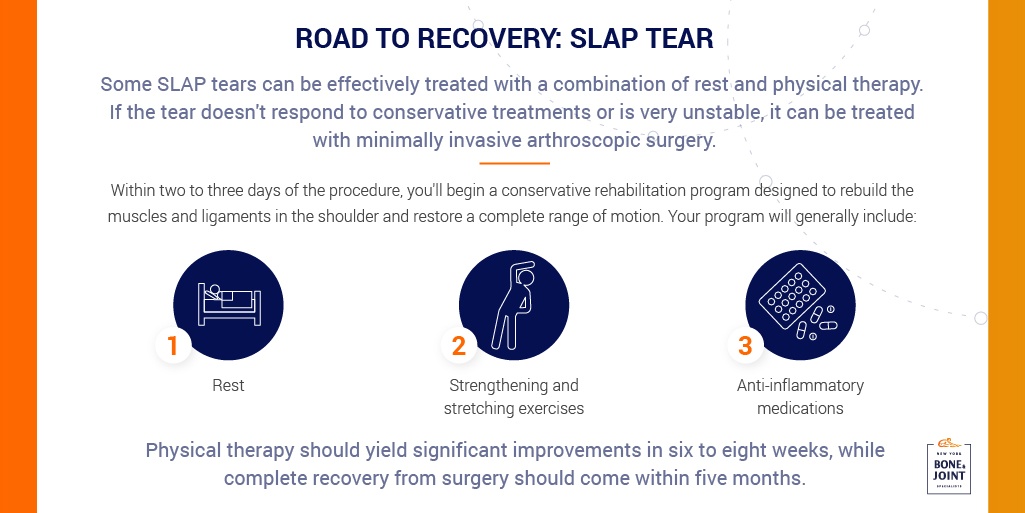
If your doctor diagnoses you with a SLAP tear, don’t worry: as debilitating as they can be at the time, SLAP tears usually don’t result in a long-term loss of function if treated. Your orthopedic specialist can suggest a variety of treatment options, from physical therapy to surgery. In most cases, your doctor will recommend a minimally invasive arthroscopic procedure.
After the procedure, it’s recommended that you limit motion of your arm and shoulder joint for several days. Your arm may stay in a sling for one week, and physical therapy generally begins 2-3 days after the procedure. While athletes can usually resume throwing in three to four months, complete recovery may take up to six months.
To learn more about your treatment options and recovery from this injury, visit our treatment page here.
WHAT ELSE COULD BE CAUSING YOUR SHOULDER PAIN?
SLAP tears aren’t the only orthopedic injury that affects your shoulders. Bone spurs, dislocations, torn rotator cuffs, and AC joint osteolysis could all cause significant pain or discomfort and limit your ability to perform day-to-day tasks. We recommend visiting an orthopedic specialist for a holistic diagnosis of your symptoms.
_________________________________
EXPERIENCING PAIN? DO YOU HAVE AN INJURY?
Our Specialists are here to help.
Book an appointment with NYC’s best orthopedic specialists to discuss your condition. Fill out the form below and you will receive a call from our office within 5-10 minutes. We’ll book an appointment at a time and location that work for you, and send you a reminder by email.

